The Summer School Program, "Reconfiguring Values and Knowledge for Sustainable Communities" is a three-week transdisciplinary program on sustainable communities and environmental studies. The theme of sustainability will be explored through different disciplines, such as environmental engineering, economics, forestry, geography, humanities, law, social and international studies. It is open to graduate students (MA and PhD) and students entering the final year of their undergraduate studies.
The aim of this Summer School is to enable students, through a cross-fertilization of modes of thought and analysis, to develop critical methodological approaches facilitating dialogue across issues of sustainable development at the global and local levels.
Students with a serious interest in environmental studies and sustainable development are invited to apply.
We welcome students from the following disciplines: archaeology, architecture, biology, cultural studies, environmental studies, engineering, geography, history, law, literature, natural sciences, philosophy, and social and political sciences. We also encourage students with a broad interest in environmental studies to apply.
By drawing upon readings, training methods, pedagogical strategies and practices from the fields of sociology, cultural studies, environmental justice, ethics, philosophy, law, literature, geography, economics, and sustainable development, we aim to show students how to train themselves to embrace other disciplines while respecting and exploring a diverse spectrum of human values as they apply to their own disciplines.
We will question whether the unsustainable practices of our societies might be based on erroneous assumptions regarding the real causes of economic distress or unsustainable communities.
For example, we will explore how economic or cultural crises might conceal larger social problems such as lack of respect and trust between different people and cultures or people's lack of courage to envision the future. How do we convert negative responses into positive action?
How do we foster open environments that are beneficial to ourselves and others?

